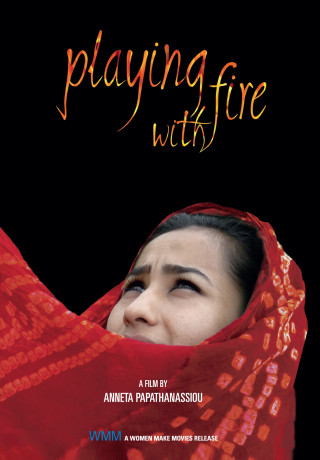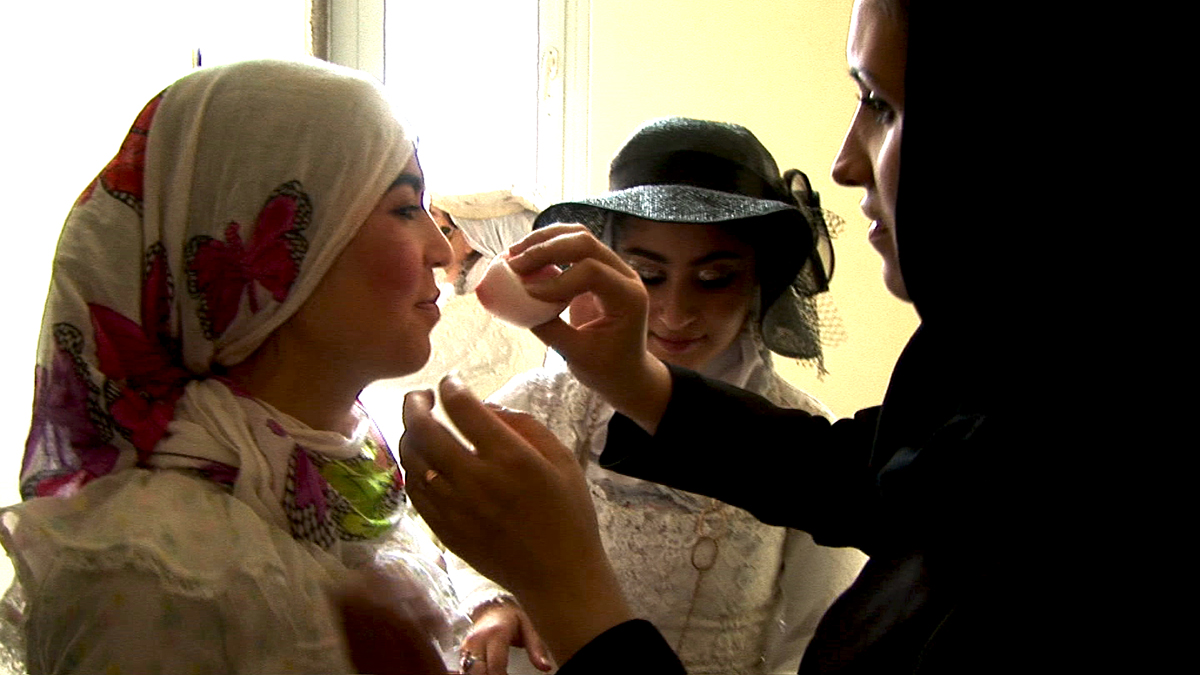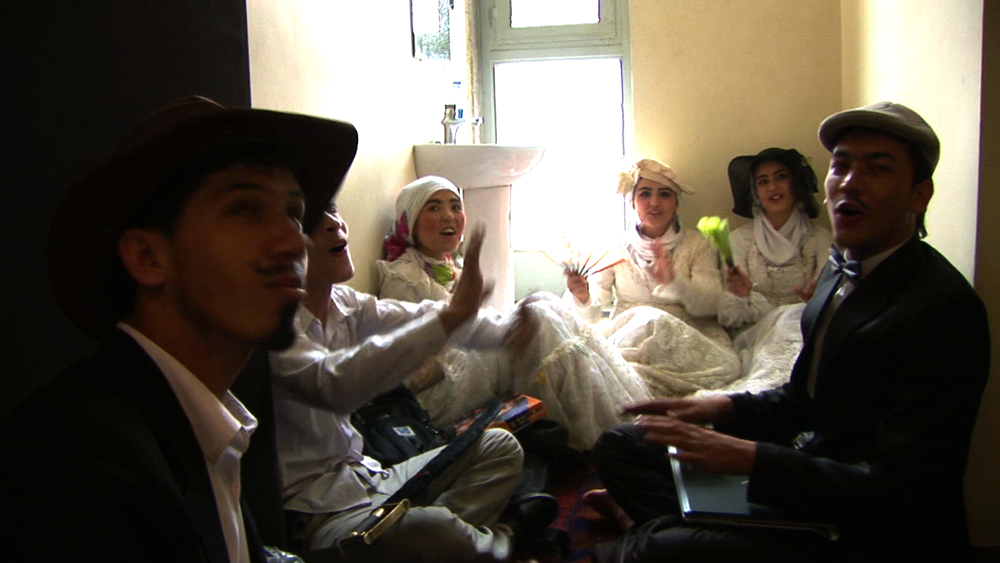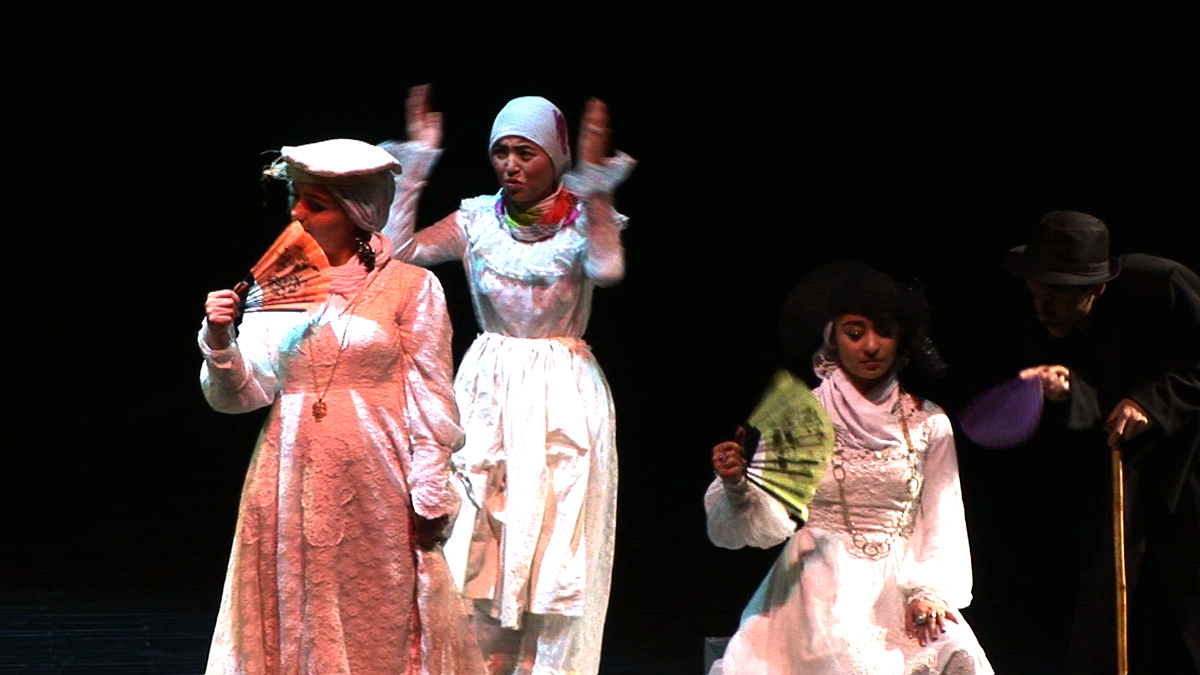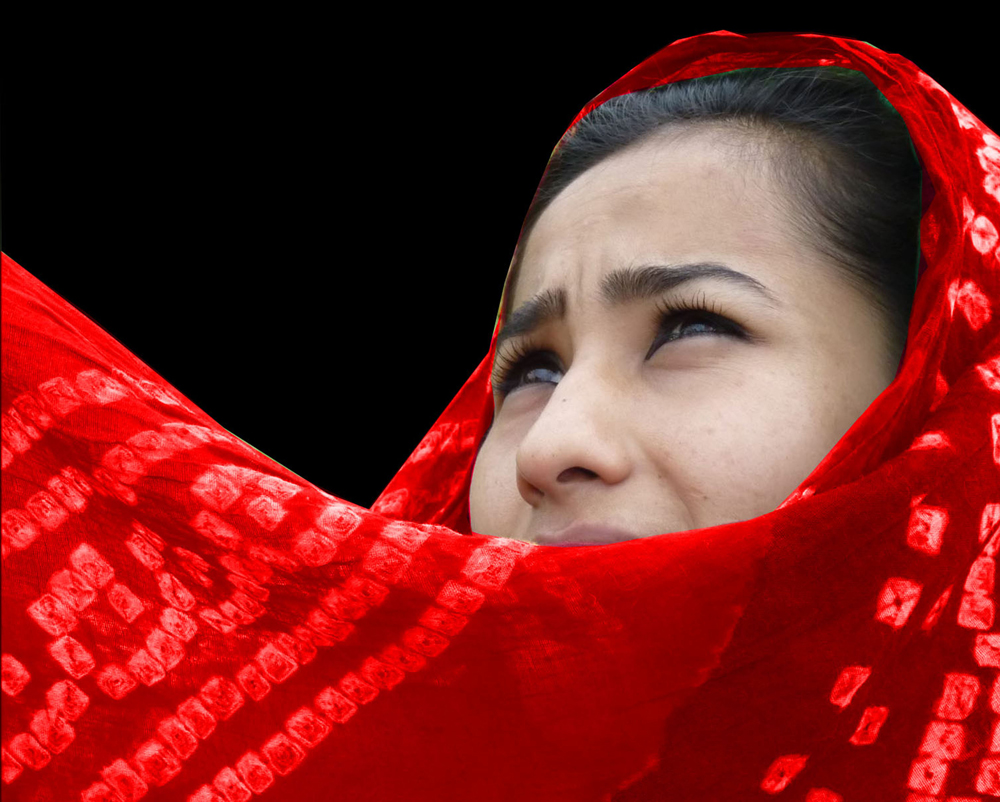Playing With Fire: Women Actors Of Afghanistan
Greece | 2014 | 58 minutes | Color | DVD | Afghan (Dari), German) | Subtitled | Order No. 151147
SYNOPSIS
PLAYING WITH FIRE introduces us to six courageous Afghan women who share their passions for acting, dreams, and difficult realities. They include Sajida, a student targeted by extremists; Monirah, besieged co-founder of an innovative women’s theater troupe; Tahera, forced into exile because of award-winning work at a theater festival; Roya, whose TV career brings her constant harassment; and Leena and Breshna, unprotected by their stage and motion picture fame.
Filmmaker Anneta Papathanassiou exposes pervasive erosions of Afghan women’s rights. Her timely, eye-opening documentary perfectly captures art’s transformative power and the dangers these courageous women face to do the work they love.
PRESS
"***…the courage of these women in the arts is deeply inspiring. Recommended."
"Playing with Fire shows how difficult it is to be an actress in Afghanistan, a country which disapproves of women on stage...The daring actresses in Afghanistan love their work so much they will do anything to be on stage."
"…an engaging documentary highlighting the work of fearless actresses in Afghanistan. The jury believes that this film will empower audiences. It will show us that both culture and women can change the world."
"The new documentary of Anneta Papathanassiou, is a courageous record of women’s lives.. [she]has perseverance and courage to make known something that is worthwhile."
SCREENING HIGHLIGHTS AND AWARDS
- Int’l Film Awards Berlin, Honorable Mention
- Greek London Film Festival, Best Documentary
- International “Gold Panda” Awards for Documentary in China, Special Jury Award
- Ierapetra International Documentary Film Festival, Best Documentary
- Chalkida Docfest, Honorable Mention
- Passion for Freedom Art Festival, London, Freedom Award Nomination
- Thessaloniki Int’l Film Festival
- FEMINA – Int’l Women’s Festival Brazil
- South Asian Int’l Documentary Festival

